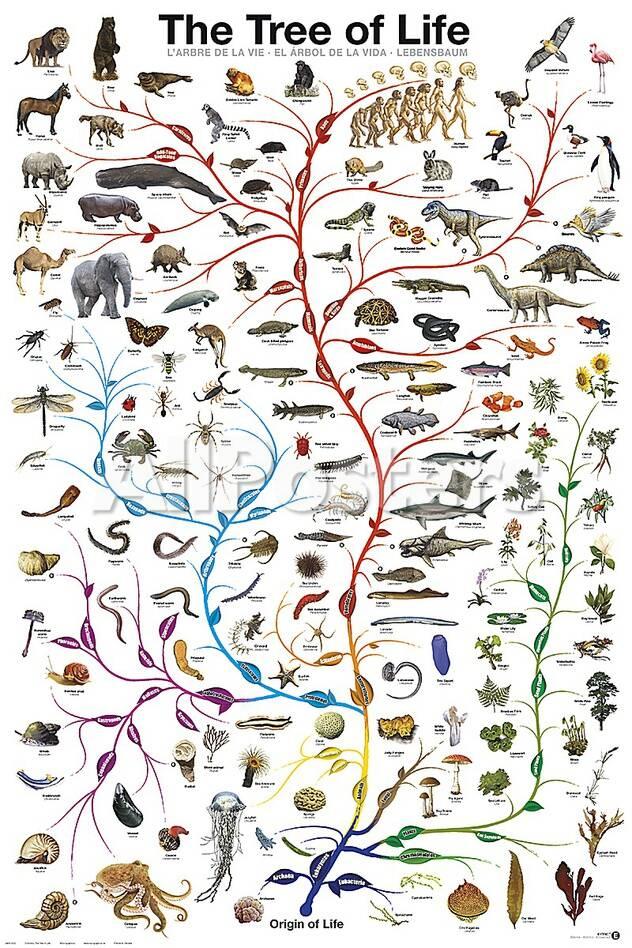The Galápagos Islands archipelago is home to a complex ecosystem with a fascinating geological history, as well as unique examples of plant and animal life. The islands' flora and fauna inspired renowned naturalist Charles Darwin to formulate his theory of evolution, and thousands of tourists and scientists flock to the islands every year to further study the wildlife.
Credited as the father of evolution, Darwin was actually a trained geologist. Darwin had been traveling around South America for about four years before landing in the Galápagos in 1835, J. Bret Bennington, chair of the Department of Geology, Environment, and Sustainability at Hofstra University, told Live Science. During that time, Darwin became familiar with the plant and animal life that lived in various climates around the mainland as well as with some of the islands the ship visited in the Atlantic Ocean on its way to South America from England, said Bennington, who also directs a study abroad program to the Galápagos Islands.
Darwin was a creationist when he began his journey on the HMS Beagle, but he slowly changed his mind during the voyage, especially when he studied life on and around the Galápagos. Darwin saw many islands of various sizes, close together and geologically young inhabited by similar yet different species of plant and animal life. Darwin concluded that life in the Galápagos didn't make sense with the current views of creationism.
It took Darwin 23 years after returning home from his voyage to put together the jigsaw puzzle that fully supported evolution and natural selection, which is one of bases of evolution that explains why certain traits get passed on to the following generations, according to the University of California at Berkeley. Published in 1859, Darwin's famous "On the Origin of Species" took the foundations for the theories of evolution that had already been placed before him and built upon them, providing the evidence that definitively supported evolution. Within a decade of the theories' publication, according to Cornell, scientists favored Darwin's theories of evolution and natural selection over creationism, and these transformational ideas still hold today, about 160 years later.
Comment below what new information you get here in the article


Комментариев нет:
Отправить комментарий